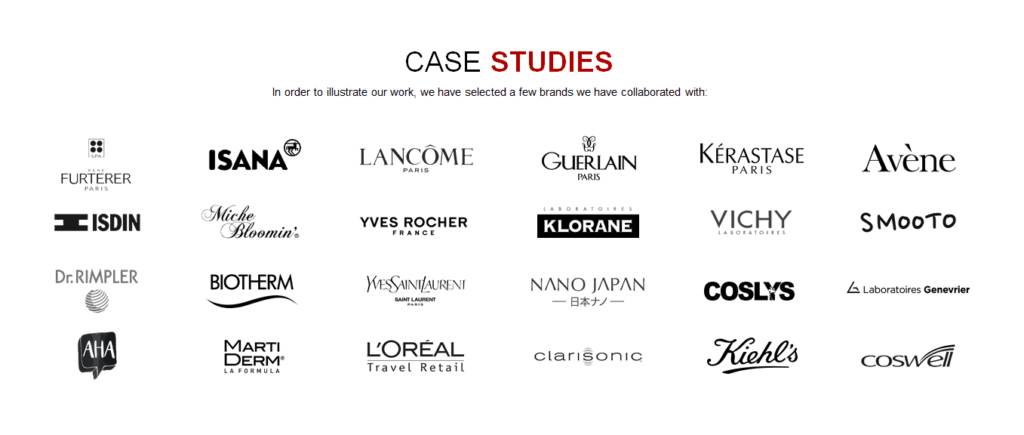The Chinese cosmetics market is worth over $50 billion and is one of the fastest-growing in the world. Marketers must understand Chinese culture and traditions to make an impact in this market. Traditional festivals and holidays are important in shaping consumer behavior, driving sales, and building brand awareness.
This blog post discusses the importance of traditional Chinese festivals and how businesses can use them as marketing opportunities in the cosmetics industry.
Understanding Traditional Chinese Festivals And Holidays
Chinese festivals and holidays hold immense cultural significance, and it’s vital for brands to understand the traditions behind each festival to effectively market their products.
Chinese New Year: Significance And Traditions
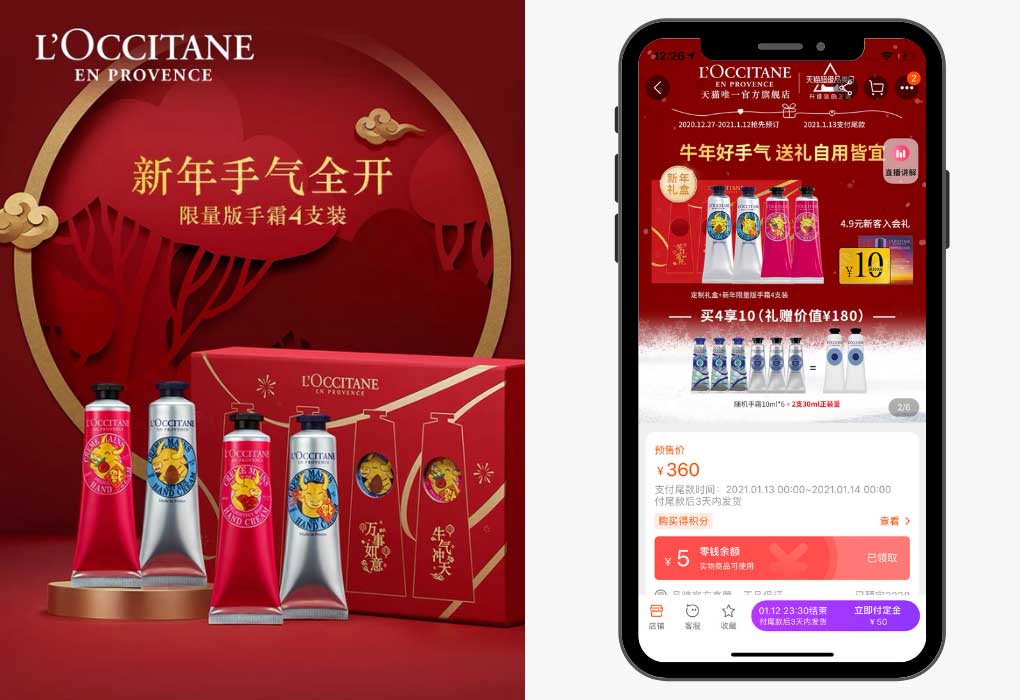
Chinese New Year, also known as Lunar New Year or Spring Festival, is a culturally significant event celebrated by Chinese communities worldwide.
It involves ancestral worship and family reunions, where red envelopes containing money are exchanged as a form of well-wishes for prosperity and good fortune.
The presence of lions and dragons in various performances, such as lion dances or dragon parades, symbolizes luck, happiness, braveness, and power.
Cosmetic brands can use zodiac animals or lucky colors to create limited edition products, collaborate with local influencers for Chinese New Year campaigns, and host themed events that showcase local culture along with brand promotion.
Mid-Autumn Festival: Significance And Traditions
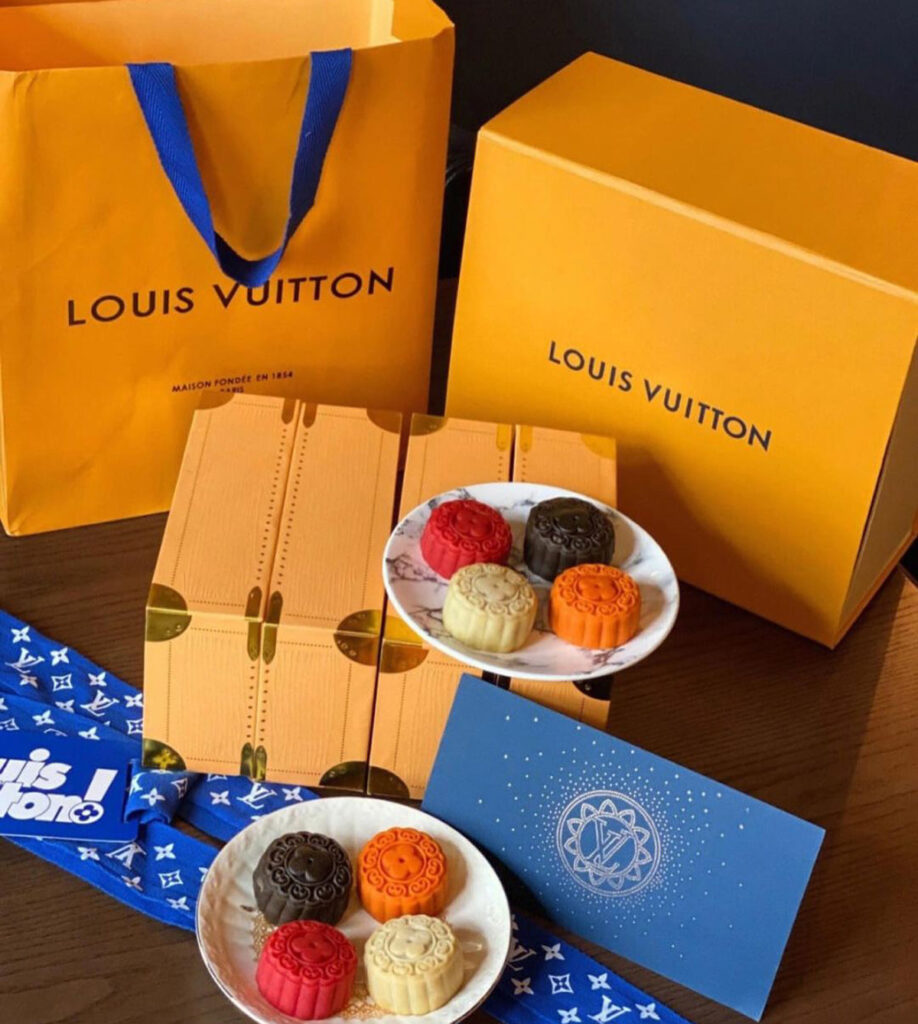
The Mid-Autumn Festival is an important Chinese tradition that can influence consumer behavior and be valuable for cosmetics marketing. It is celebrated on the 15th day of the eighth lunar month and is associated with family reunions, full harvest moons, and the legend of Chang’e.
Mooncakes are a central symbol of the festival and limited edition cosmetic products inspired by them could be popular. Lanterns are also an important element of the festival.
Partnering with local influencers who have cultural connections can help navigate nuances around ancestral worship and embrace local practices for China’s Mid-Autumn Festival.
This will create genuine connections with potential customers and foster brand loyalty in the booming cosmetics industry of China.
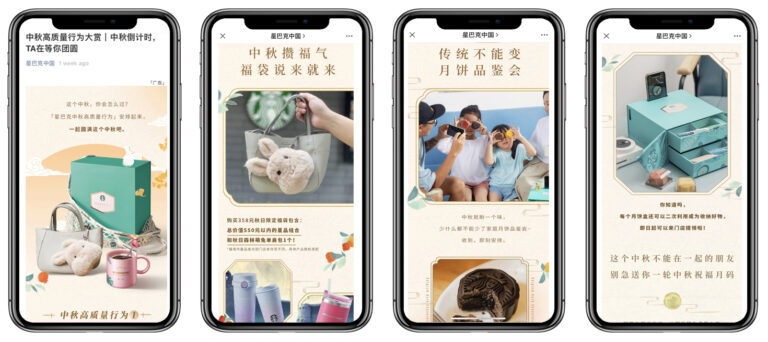
Double Seven Festival: Significance And Traditions
The Double Seventh Festival, also known as Qixi Festival, is a traditional Chinese festival that falls on the seventh day of the seventh lunar month and is celebrated by couples. It has a romantic significance in Chinese culture and many couples exchange gifts and celebrate their love during this festival.
Companies can target couples seeking unique gift ideas or beauty products that promote romance by creating marketing campaigns. By understanding culturally significant events like the Double Seventh Festival, companies can effectively cater to their consumers’ needs and preferences during festive periods, promote their brands authentically, and increase sales opportunities in China’s cosmetics market.

Dragon Boat Festival: Significance And Traditions
The Dragon Boat Festival is a traditional Chinese holiday celebrated on the fifth day of the fifth lunar month.
It honors Qu Yuan, a Chinese scholar, and poet who drowned himself in protest against political corruption. During the festival, locals paddle their boats downriver while beating drums and splashing water with their oars to scare off evil spirits.
For example, some traditions include hanging mugwort leaves over doors and windows or tying five-color silk strings around children’s wrists as protection against diseases during midsummer heatwaves.
Other Notable Festivals And Holidays
There are several other traditional Chinese festivals and holidays that can provide unique marketing opportunities for cosmetics companies. Some of these festivals include:
- Lantern Festival: The Lantern Festival marks the end of the Chinese New Year and is celebrated on the 15th day of the lunar calendar. It is famous for its vibrant lanterns and sweet glutinous rice balls, which can serve as inspiration for limited-edition packaging or product scents.
- Tomb Sweeping Festival: The Qingming Festival is a holiday celebrated in early April to honor ancestors by visiting their gravesites. Cosmetics brands could offer promotions or themed gift sets during this time to appeal to consumers shopping for gifts to honor their loved ones.
- Double Seven Festival: The festival known as Qixi or Chinese Valentine’s Day is celebrated on the seventh day of the seventh lunar month and honors the tale of two lovers. Cosmetics companies may create limited edition products with romantic packaging or collaborate with local influencers to promote couples’ gift ideas.
- Winter Solstice: The festival celebrated on December 21st or 22nd marks the shortest day and longest night of the year. Families gather to eat traditional foods like tangyuan. Cosmetics brands could launch winter-themed products or promotions centered around family gatherings during this holiday.
By understanding these festivals and their cultural significance, cosmetics brands can create meaningful connections with Chinese consumers during important times of celebration and reflection.
The Role Of Traditional Chinese Festivals And Holidays In Cosmetics Marketing
During Chinese festivals and holidays, consumer behavior changes, creating an opportunity for cosmetics brands to promote their products through limited edition items, promotions, themed events, collaborations with local influencers/celebrities, and social media platforms in China.
Consumer Behavior During These Festivals
During these occasions, there is an increase in spending on luxury goods such as cosmetics.
Consumers tend to buy limited edition products, gift sets, and premium items as gifts for family members and friends.
One notable example of consumer behavior is “Double Eleven,” also known as Singles’ Day or the world’s biggest shopping festival.
This day generates billions of dollars in sales within 24 hours due to heavy discounts offered by e-commerce platforms across China.
Case Studies Of Successful Marketing Campaigns During These Festivals
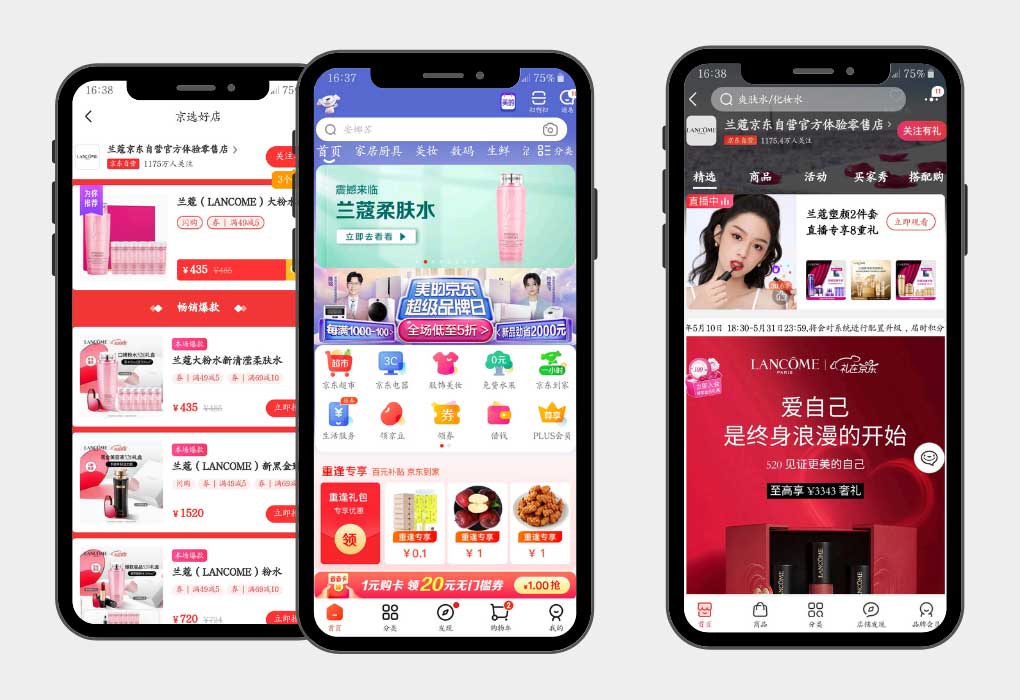
Here are some case studies of successful marketing campaigns during these festivals:
- SK-II’s “Change Destiny” Campaign During Chinese New Year: SK-II’s Chinese New Year campaign, featuring a short film celebrating the bond between mothers and daughters, gained over 20 million views on social media and boosted sales by 150%.
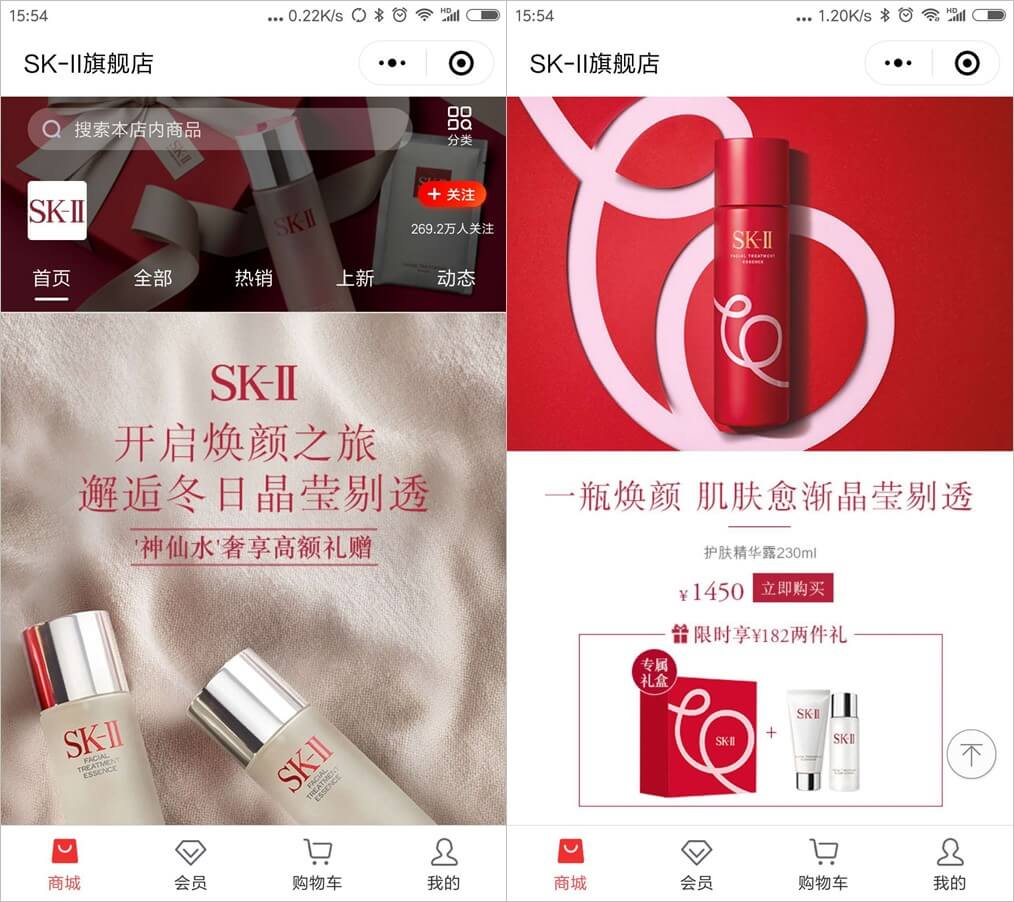
- L’Oreal Paris’ Red Lipstick Campaign During Mid-Autumn Festival: L’Oreal Paris launched red lipsticks for Mid-Autumn Festival, a lucky holiday for red. Actresses promoted the product on social media, leading to a 30% sales boost.
- Olay’s Virtual Mooncake Event for Double Seventh Festival: Olay’s virtual event for the Double Seventh Festival allowed customers to create and share mooncake recipes online, resulting in higher engagement and increased sales.
- Lancome’s Dragon Boat Festival Promotion: Lancome’s Dragon Boat Festival promotion with limited-edition dragon boat-inspired packaging led to increased sales and customer loyalty.
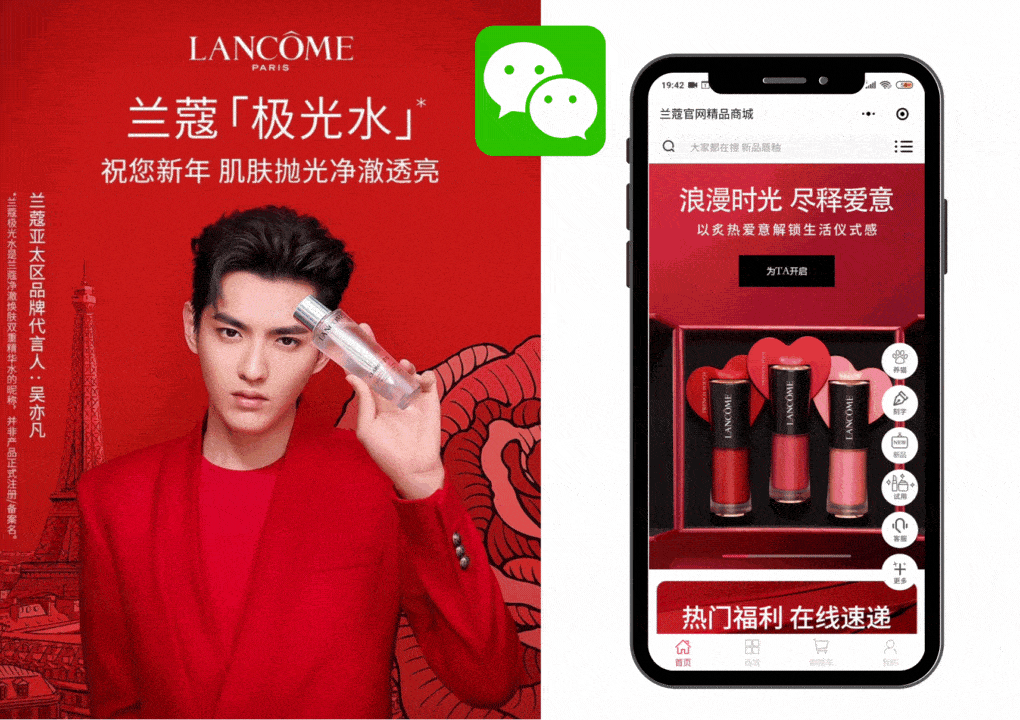
Successful Cosmetics Marketing Strategies For Traditional Chinese Festivals And Holidays
To have a successful marketing campaign during Chinese festivals and holidays, cosmetic brands can use limited edition products, promotions, discounts, themed events, collaborations with local influencers and celebrities, and popular e-commerce platforms in China.
Limited Edition Products: How To Make Them Appealing And Relevant
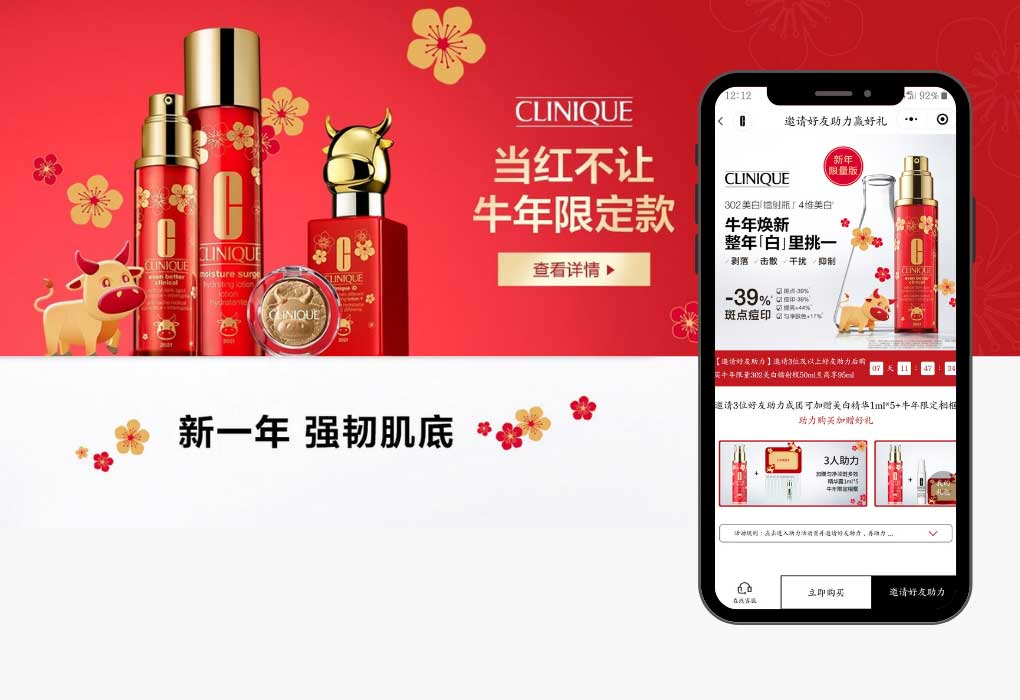
Limited edition products can be a powerful tool for cosmetics brands to create interest in traditional Chinese festivals and holidays. Here are some tips on how to make them appealing and relevant:
- Incorporate Festive Culture: Adding traditional Chinese design elements, colors, or symbols associated with the festival can make the product more attractive to consumers.
- Highlight Seasonal Features: Products that cater to seasonal needs or changes in skin care during specific weather conditions can also be popular among consumers.
- Focus on Targeted Marketing: Limited edition products tend to appeal to a select group of consumers who are enthusiastic about a particular festival or holiday. Brands should identify this group and focus their marketing efforts on them.
- Make it Exclusive: Creating a sense of exclusivity by limiting the availability of the product or offering it only through specific channels can generate excitement and increase demand.
- Collaborate with Influencers: Collaborating with local influencers or celebrities who have a large following on social media platforms popular in China can help promote limited edition products effectively.
Promotions And Discounts: Best Practices And Timing
Here are some tips based on consumer behavior and cultural nuances:
- Offer limited edition products: Creating special products for the festival or holiday season is a great way to appeal to consumers and create a sense of exclusivity. Make sure the products are relevant to the festival or holiday.
- Plan promotions strategically: Timing is key when it comes to promotions during Chinese festivals. For example, offering discounts or freebies during the week leading up to Chinese New Year is more effective than offering them after the holiday has passed.
- Use symbolic colors and motifs: Incorporating symbolic colors like red (for good luck) or gold (for wealth) can make your promotional materials stand out during the festive period. Similarly, using motifs like lanterns or dragon boats can evoke feelings of nostalgia and excitement.
- Collaborate with local influencers and celebrities: Working with influencers or celebrities who have a strong presence in China can help boost your brand’s visibility during festivals. Make sure they align with your brand values and resonate with your target audience.
- Utilize social media platforms: Social media platforms like WeChat, Weibo, and Douyin are popular in China and can be used for targeted advertising campaigns during festival periods.

Themed Events: Ideas And Execution
Here are some ideas and execution tips for organizing festive activities that align with brands:
- Create a festival-themed pop-up shop to showcase limited edition products or special holiday collections.
- Host an in-store beauty event featuring Chinese traditional makeup styles or makeup tutorials inspired by festival themes.
- Collaborate with popular local artists to create festival-inspired packaging designs for your products.
- Offer personalized gift sets and customizing options during the festival season.
- Use augmented reality technology to create interactive experiences that blend traditional Chinese culture with modern technology.
- Organize festive giveaways or gift-with-purchase promotions that are relevant to the holiday season.
- Launch festive campaigns on social media platforms such as WeChat, Weibo, and Douyin/TikTok that encourage user-generated content.
Collaboration With Local Influencers And Celebrities
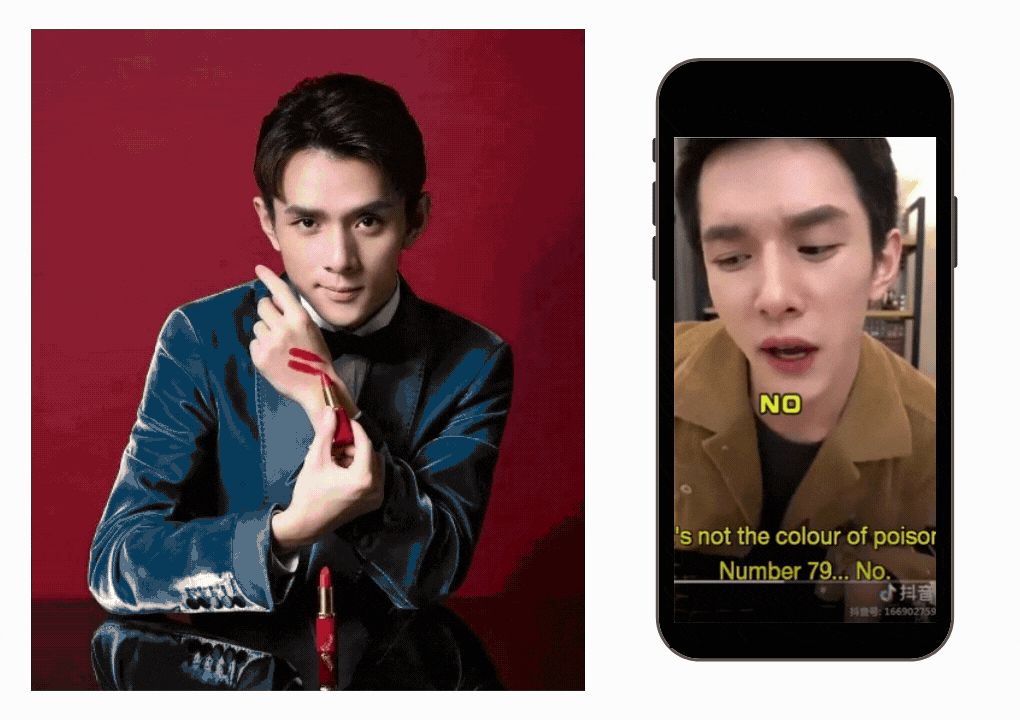
Working with local influencers and celebrities is an effective strategy for engaging with Chinese consumers during traditional festivals and holidays.
Beauty brands can take advantage of the popularity of influencers on social media platforms such as Douyin and Kuaishou to effectively reach their target audience.
For instance, L’Oreal Paris collaborated with three popular Chinese actresses during their Double Eleven Day promotional campaign last year, resulting in increased engagement on social media and higher sales of L’Oreal products.
Utilizing Social Media And E-commerce Platforms Popular In China
Chinese consumers are highly active on social media platforms like WeChat and Sina Weibo, with over 900 million and 400 million active users respectively.
These platforms are crucial for discovering new brands and products. Furthermore, China is the largest e-commerce market globally, with online retail sales reaching $1.3 trillion in 2018.
During the Singles Day shopping festival, which is the world’s largest shopping event, Alibaba generated $38.4 billion in sales in just one day through its e-commerce sites like Tmall and Taobao.
Smart use of social media promotions by L’Oreal Paris helped them generate around ¥305m ($44m) in revenue from localized campaigns on their Tmall store alone during this festival period according to reports.
We are your local partner in China!
To succeed in the Chinese market, cosmetics brands need to understand Chinese culture and the importance of traditional festivals and holidays.
By creating culturally relevant marketing campaigns, businesses can differentiate themselves from competitors and build strong relationships with customers.
As China’s influence in the global business landscape increases, it is essential for brands to invest in understanding and utilizing local cultural values.
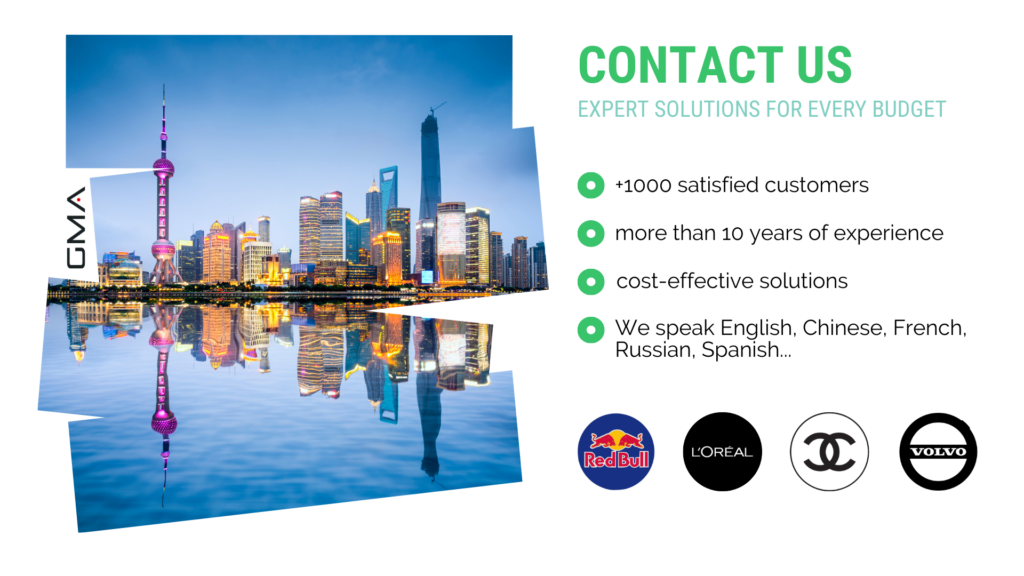
We are a China-based marketing agency offering cost-effective solutions to foreign brands interested in tapping into the Chinese market. Our team of Chinese and foreign experts has the experience and know-how needed to succeed in this lucrative, yet complicated market.
Gentlemen Marketing Agency offers many digital marketing and e-commerce solutions, such as web design, e-commerce and social media marketing strategies, localization, market research, KOL marketing, and more.
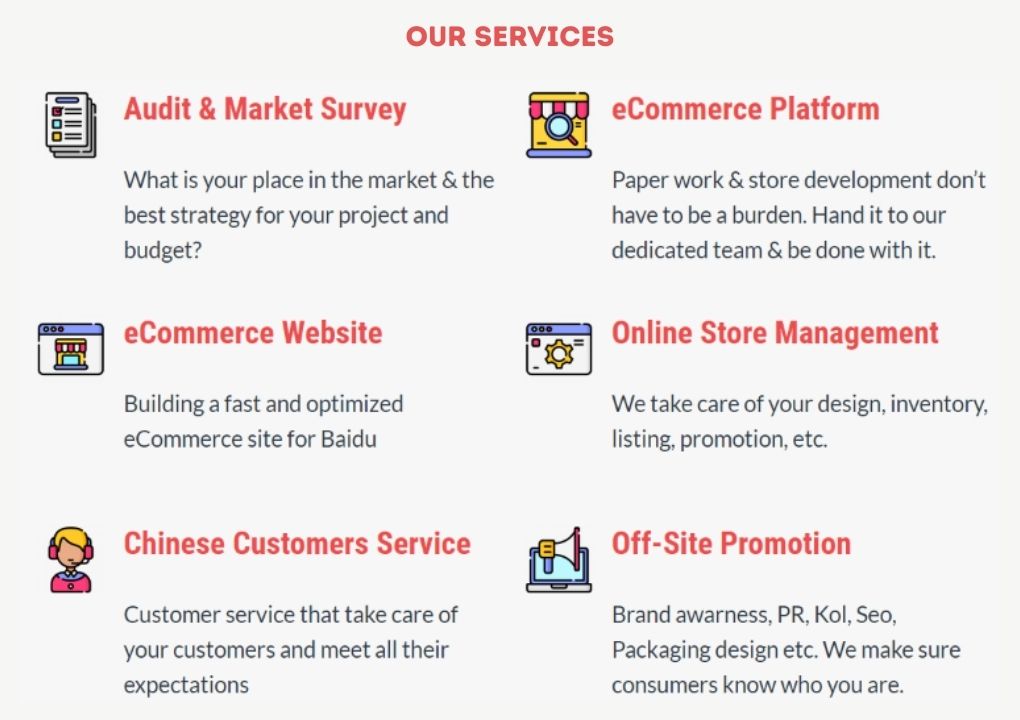
Don’t hesitate to leave us a comment or contact us, so that we can schedule a free consultation with one of our experts, that will learn about your brand and present you the best solutions for your China market strategy.
